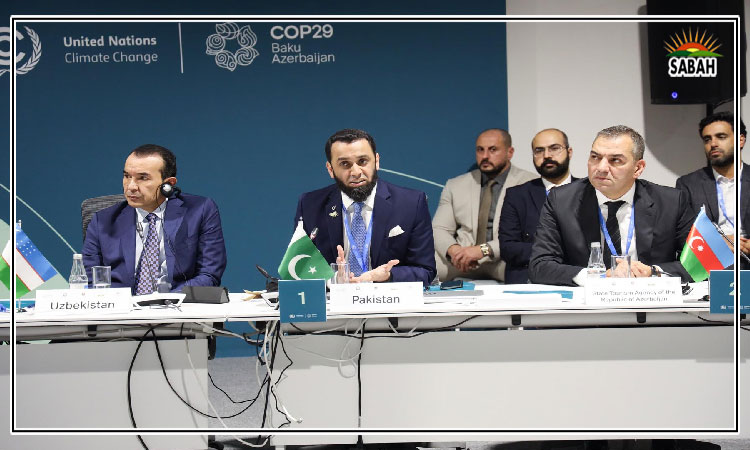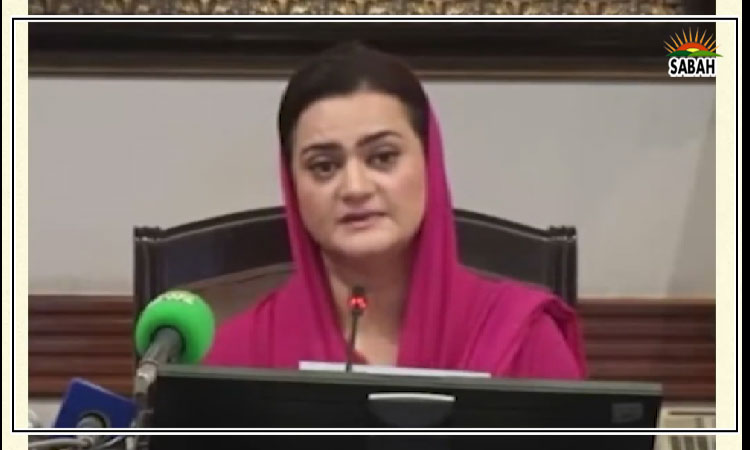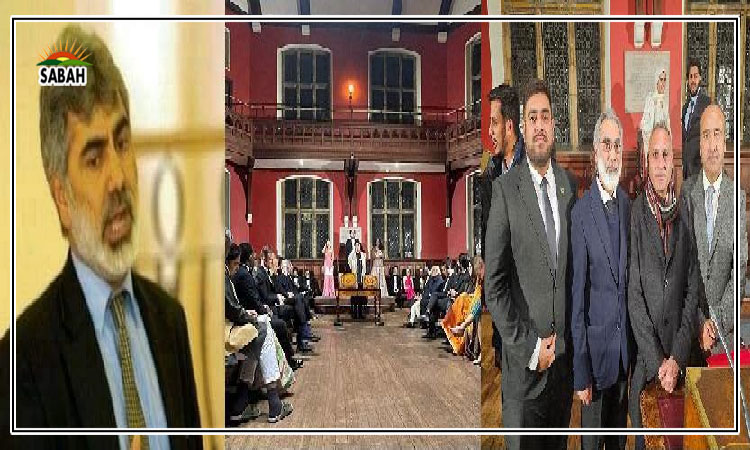Labour devolution…Parvez Rahim
CONVENTIONS are drawn up from time to time by the International Labour Organisation setting out the principles of and rights at work. For instance, ILO Convention No 1 of 1919, on working hours, introduced a maximum standard working time of 48 hours per week and eight hours per day as an international norm.
After more than a century, the maximum number of daily and weekly working hours prescribed in Convention No 1 remain the same and are followed all over the world. Industries and establishments may reduce working hours for their respective companies but the maximum prescribed by the convention remains unchanged.
A total of 190 conventions have been formulated by the ILO, out of which Pakistan has ratified 36 while 30 are in force. Once a convention has been ratified by a member country, it is an obligation to implement it.
Despite devolution, the provinces are bound to follow the conventions ratified by the federation. Any amendments to existing labour laws or promulgation of new ones by the provinces should adhere to the basic principles laid down in the conventions.
Until devolution, labour law provisions were the same across the country. The process of devolution was started with full force by Sindh in 2014. Punjab and KP also started this process at the same time, but Sindh went ahead with making sizeable amendments to the devolved laws.
Besides other laws, it promulgated the Sindh Employees Old-age Benefits Act, 2014, and the Sindh Companies Profits (Workers Participation) Act, 2015. None of the other provinces had devolved these two laws under the belief that their administration might go back to the centre.
The provinces are now enjoying undue advantage of allowing or increasing benefit to the workers without prior consultation with the employers who have to bear the additional cost of radical increases in benefits despite low levels of worker productivity. Labour productivity in Pakistan is 20 per cent less than in India and 91pc less than in China.
Unfortunately, a role for the Ministry of Inter-Provincial Coordination is nonexistent. Its key responsibility is to aid both provincial and federal entities in having a uniform approach towards formulation of policies, leading to legislation.
Some of the disparities in labour laws among the provinces, generated after devolution, are as follows:
a) Where holidays and leave per annum under the Factories Act are concerned, in Punjab and KP, annual holidays are 14 days, casual leave 10, sick leave 16 at half pay, which are at full pay in Sindh. In Balochistan, annual holidays are 20 days, casual leave 15, sick leave 20. This increase was allowed through the Balochistan Factories Act, 2021, when Covid was at its peak and industrial output was down.
b) The quantum of maternity leave was fixed at 12 weeks by the West Pakistan Maternity Benefit Ordinance, 1958, which is still the same in Punjab and KP. However, Sindh has increased it to 16 weeks and Balochistan to 14 weeks.
c) Overtime work limit per annum, under the Shops and Establishments Act, is 624 hours in Punjab and Balochistan but 150 hours in Sindh. It is most realistic in KP, where the total number of hours so worked by an employee, should not exceed 24 in a week.
d) (i) In the Industrial and Commercial Employment (Standing Orders) Acts of Punjab, Sindh and KP, one months notice is required to be given either by the employer or a permanent worker, for terminating the latters employment, for any reason other than misconduct. The notice period has been increased to three months in Balochistans law of 2021.
(ii) In the same Act, payment of gratuity is made as a terminal benefit to the employees leaving their company. In Punjab, Sindh and KP, gratuity is calculated at the rate of one months gross salary for every completed year of an employees service. This amount has been increased to two months salary in Balochistans case.
(iii) The contract worker has been defined differently in the same acts of the four provinces. Sindh defines it as a worker who works on contract basis for a specific period mentioned in the contract but does not include the third-party employment. Punjab states that the remuneration of a contract worker is to be calculated on a piece rate basis.
The definition given by Balochistan is totally different from the above, stating that the maximum length of contract shall not exceed 12 months, after which such worker would acquire the status of a permanent worker. The provision in the KP law is most pragmatic, describing the contract worker as one who works on contract basis for a specific period mentioned in the letter of contract.
Provinces should coordinate better to avoid such glaring variations in laws.
Courtesy Dawn












